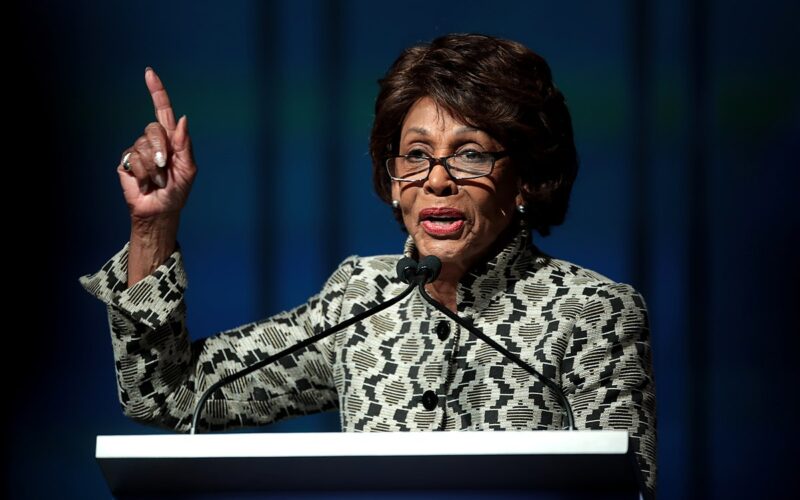Democratic Representative Criticizes Bill to Prevent CBDC Launch
The U.S. House Financial Services Committee is currently a battleground for discussions concerning the possible launch of a Central Bank Digital Currency (CBDC) by the Federal Reserve. Recently, Maxine Waters, a Democratic representative from California, sharply criticized a bill reintroduced by Republican Rep. Tom Emmer of Minnesota.
“Unfortunately, Republicans are marking up one bill that is not bipartisan. It will keep the United States behind other countries, including China, as they race forward to develop a global standard for central bank digital currencies,” Waters warned.
Waters voiced concerns that the bill’s partisan nature could hamper technological advancements in finance and put the U.S. at a disadvantage globally. She further argued that the bill put forth by the Republicans could slow down ongoing research efforts, which in turn could affect the country’s ability to keep up with financial technological changes. This presents a concern for the U.S., as it may lose the opportunity to set global standards in what could be a major financial development.
Despite disagreements, Waters acknowledged that the Committee’s recent meeting was largely productive. Key matters discussed included U.S. banks reducing risks in their dealings with the Caribbean and other regions, compliance with sanctions concerning Russia and Belarus, and the imposition of sanctions on foreign companies that facilitate spyware targeting U.S. national security personnel.
Bipartisan Approach with the “Power to Mint Act”
Another bill up for discussion aims to take a more bipartisan approach. Known as the “Power to Mint Act,” H.R. 3402 is sponsored by Democratic Rep. Jake Auchincloss of Massachusetts and Republican Rep. French Hill of Arkansas. The bill would mandate that the Federal Reserve seek approval from Congress before moving ahead with the issuance of a CBDC.
While discussions are ongoing, the potential introduction of a CBDC by the Federal Reserve evidently has both supporters and detractors within the U.S. House Financial Services Committee. The implications for the U.S. in terms of global financial technology advancements and crypto regulation remain important topics that lawmakers will have to continue to grapple with.
















